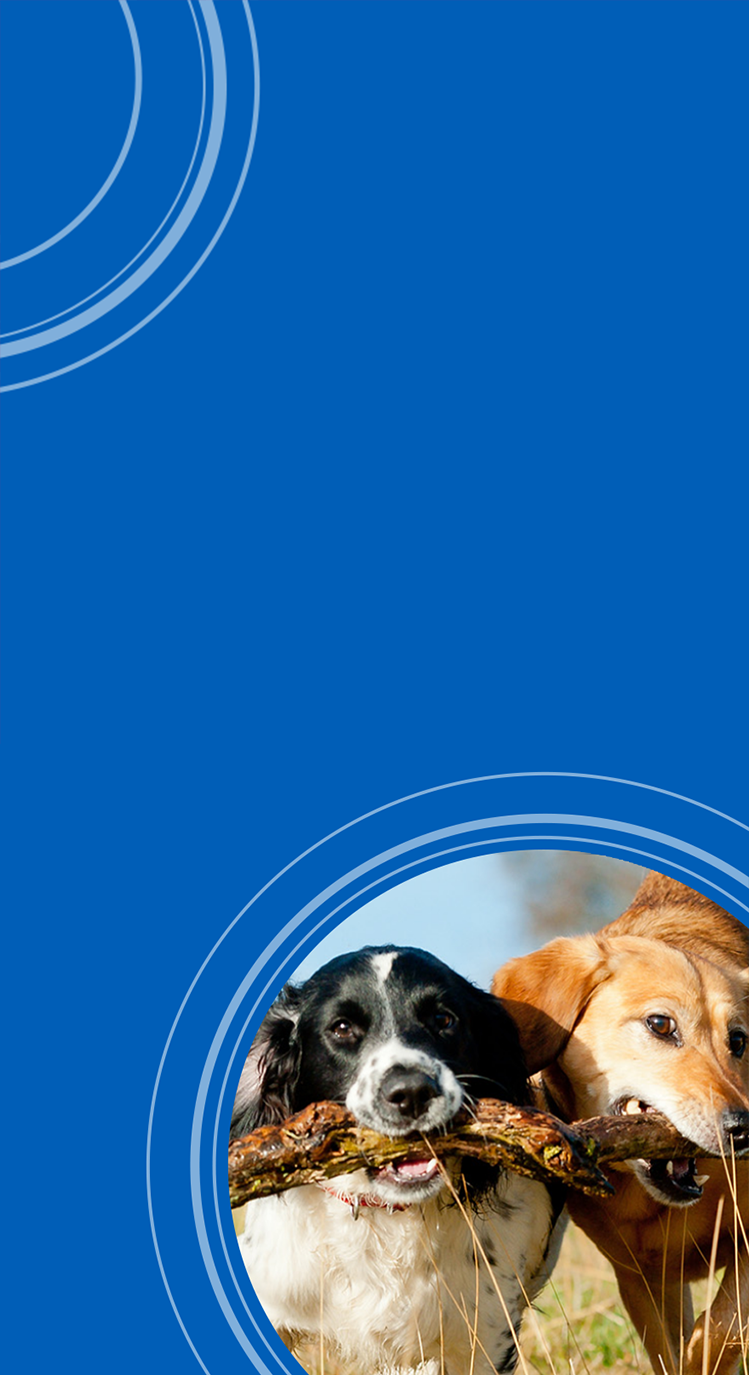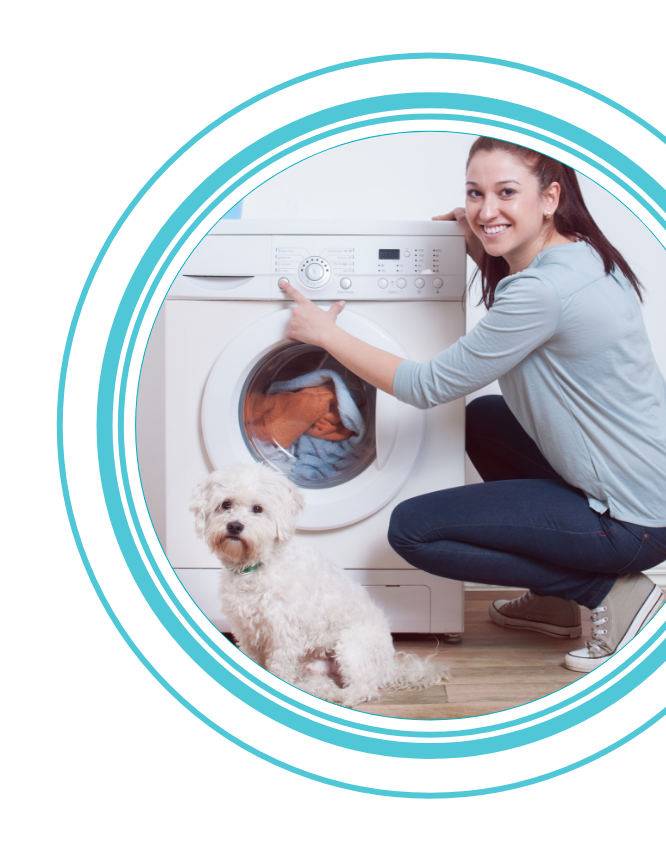

PREVENTION
The best way to make sure your dog is healthy is to keep her from getting sick in the first place.
Protect your dog and your community and prevent the spread of dog flu with two simple actions: vaccination and good sanitation practices.
Prevention is important not just in your household, but any place where dogs gather. Before boarding your dog at a day care facility or kennel, make sure the facility prioritizes cleanliness and has a plan in place if dog flu strikes. Look for professionals and facilities who’ve achieved certification through our Heroes for Healthy Pets™ program.
How it’s spread
Vaccination
The best treatment approach to canine influenza is effective prevention. NOBIVAC® NXT Canine Flu H3N2 has been shown to be effective against canine influenza virus strain H3N2. Laboratory surveillance indicates CIV H3N2 as the critical strain of concern.1
1. Sykes J. Greene’s Infectious Diseases of the Dog and Cat, 5th ed. Elsevier; 2022: 313-316
Dog flu vaccination is easy
The canine influenza vaccine can be administered by your veterinarian at any time of year. There’s no “flu season” for dogs.
Your veterinarian might ask you about the dog flu vaccine during your dog’s annual visit. If you’ve got questions, that’s a great time to ask. Or, you can be proactive and make sure you ask about dog flu during your pet’s next visit.
Does the dog flu vaccine require a booster?
The first dose of the vaccine is administered under your dog’s skin and is followed by a booster two to four weeks later. After this first set of vaccinations, your dog should be revaccinated annually to stay immunized. The vaccine is safe to use on dogs seven weeks of age or older.
Does the dog flu vaccine last for life?
Following the initial series of two vaccinations, your dog should get a single dose every year.
Dog flu vaccination is safe
While there’s some risk associated with any type of vaccination, the dog flu vaccine has been thoroughly tested and determined to be safe for healthy dogs over the age of seven weeks who are not pregnant. Talk to your veterinarian about any concerns you have.
Dog flu vaccination is cost-effective
The cost of the dog flu vaccine varies based on several factors, so talk to your veterinarian to get detailed pricing information. And remember, preventative care is nearly always more cost-effective than treating a sick pet, as well as dealing with your own stress and time away from work or other obligations to care for your dog.
Cleaning and sanitation practices
If your dog shows signs of illness or is diagnosed with dog flu, it’s important to be proactive about preventing the disease from spreading. The canine influenza virus is a highly contagious respiratory infection that’s easily transmittable from dog to dog and, in some cases, cats.
If you’re here because your dog is already showing symptoms, follow these important steps to make sure diseases don’t spread among other pets in your household/community.
Isolate
Isolate your dog from other pets in the house if he shows symptoms. Also, note that if you visit the veterinarian, it’s a good idea to wait in the car when you get to the clinic. Clinic staff may want to keep your dog isolated from other pets in the waiting room.
If your dog is diagnosed with dog flu, it’s important to keep him out of shared spaces and places other dogs frequent for at least four weeks.
AVOID:


Is your dog at risk of catching dog flu?
Wondering if your dog is at risk? Most dogs are, because dogs are social creatures. Take the quiz to help you identify the places and behaviors that present the most likely areas of danger for your dog.







